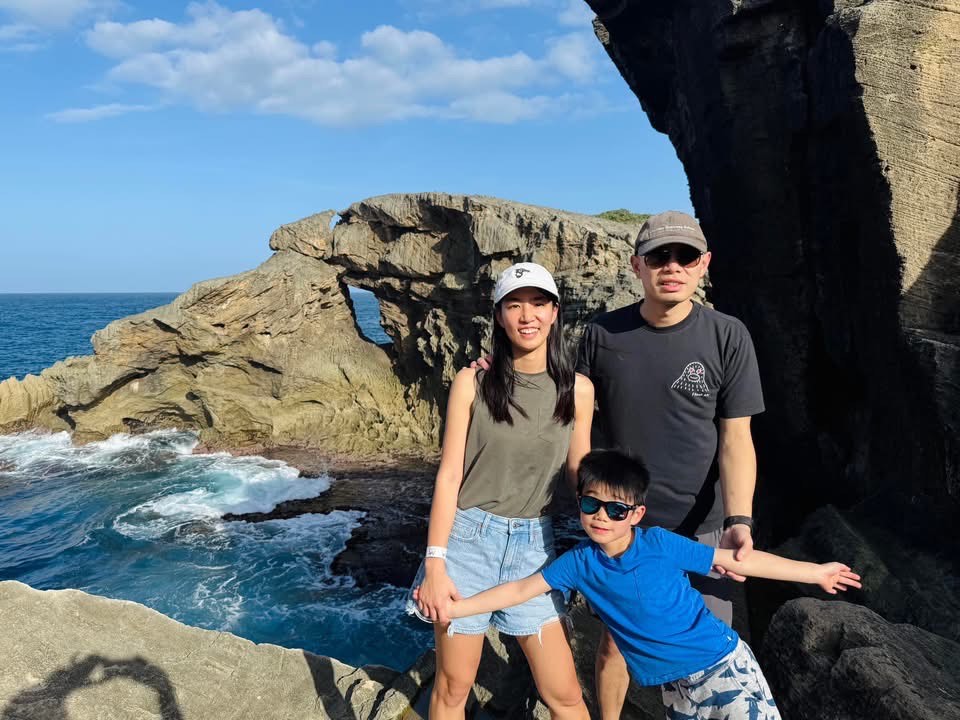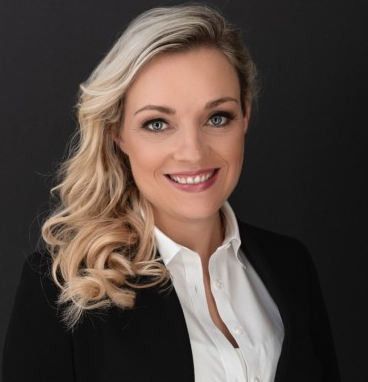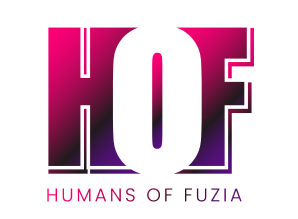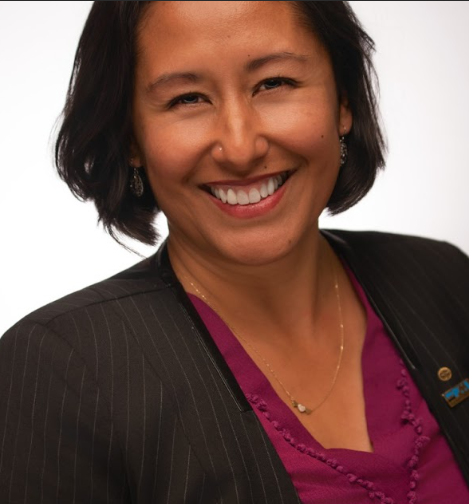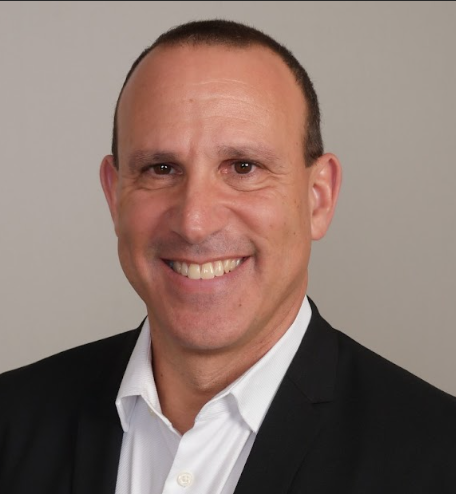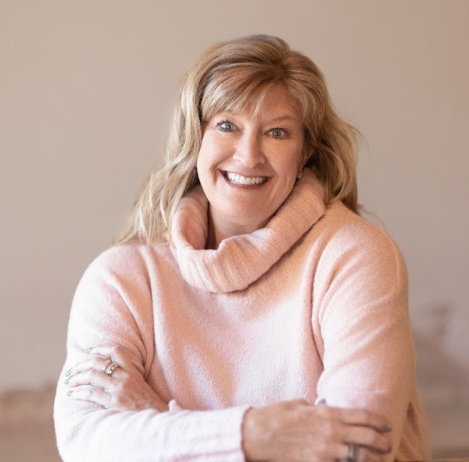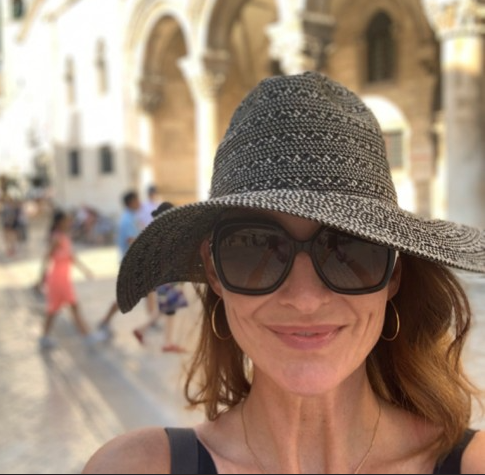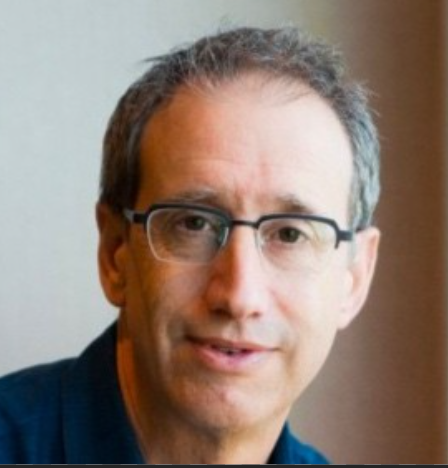James Wang’s journey is one of transformation and purpose. Born and raised in Taiwan before moving to the U.S., he channeled his experience as an international student into a mission to help others navigate their career paths. After years in corporate roles at Salesforce and Accenture, he took a bold step away from the familiar world of enterprise software to found Career Duck. His vision is to democratize career development through AI, making quality career guidance accessible to all students, regardless of their background or resources.
Could you elaborate on the nature of your business, highlighting its purpose and the ways it benefits people?
Career Duck was born from my own struggles as an international student trying to navigate the complex world of career development. Today, we’re using AI to transform how students get career guidance. Traditional career centers are overwhelmed—they want to help every student but lack the resources and specialized knowledge across diverse industries.
Our platform works alongside career counselors, not replacing them but amplifying their impact. When a student shares a job posting they’re interested in, we instantly provide structured insights about what the role requires and suggest relevant ways to present their experiences. This helps counselors have deeper, more meaningful conversations with students instead of spending time decoding job descriptions.
What drives me is seeing how this democratizes access to quality career guidance. Whether you’re a first-generation college student, an international student like I was, or someone exploring a career change, everyone deserves the tools and support to build their future. The technology is free for students—our mission is to ensure no one is held back from their potential due to a lack of career development resources.
What inspired you to start your journey as a coach and entrepreneur? Were there any specific events, challenges, or people that motivated you to take this path?
My entrepreneurial path was shaped by my own experience as an international student at the University of Minnesota. I transferred internationally and directly into chemical engineering without going through the typical freshman experience, and honestly, I was completely clueless. It did not take long for me to realize my limited options. The career center tried their best, but they couldn’t provide specialized guidance for every possible career path.
After graduating, I managed to build a successful career in consulting and then in tech, eventually becoming a Director at Salesforce. But in 2024, when Salesforce went through a reorganization, I faced a pivotal moment. Instead of actively seeking another corporate role, I reflected on how AI could increase individual productivity and transform industries. I remembered my own struggles and saw an opportunity to change that.
What truly inspired me was realizing that this challenge hasn’t changed in the decade since I was a student. Career centers are still overwhelmed, and students still struggle to navigate their career options. When I attended an Anthropic event and shared my idea, the speaker encouraged me to build the product myself using Claude without a technical co-founder. That validation, combined with my personal mission to prevent others from experiencing the same confusion I did, gave me the courage to found Career Duck.
I’m not just a typical tech founder chasing the next unicorn. The product I am building is a deeply personal mission for me. Every time I speak with students or career counselors, I’m reminded of my own journey and how much impact we can have by making quality career guidance accessible to everyone.
Looking back at the beginning of your career, what were the major challenges you faced when establishing yourself as a leader/coach? How did you overcome those obstacles?
The imposter syndrome was definitely a major challenge early in my career. Back then, it was the most fundamental challenge. I questioned whether I had what it takes to get a job after graduation when my options felt limited and whether I could lead a local workforce with a foreign background and without pedigree.
Having supportive friends and mentors made all the difference. These were people I could look up to, who helped me believe in my potential even when I doubted myself. Leadership wasn’t something that came naturally to me—it was a skill I developed gradually throughout my career. I made it a point to learn from the best leaders I encountered while being mindful of the mistakes others made.
Eventually, I found my own leadership style, one built on authenticity and empathy. This foundation of self-discovery and growth put me in the position to lead in corporate and later found Career Duck, where I can now help others navigate their own career journeys with more confidence and clarity than I had starting out.
Would you like to share any remarkable achievements?
One of my proudest achievements was building Career Duck’s first working version in just two weeks, despite having no formal programming background. Using AI tools like Claude and Cursor, I proved that determination and creativity can overcome traditional barriers to entrepreneurship. What makes this achievement remarkable isn’t just the technical accomplishment—it’s that it demonstrates how AI can democratize entrepreneurship, allowing people to bring their ideas to life regardless of their technical background. Today, Career Duck helps thousands of students navigate their career paths, showing that sometimes the best solutions come from those who’ve experienced the problem firsthand.
Women are a growing force in workplaces worldwide, standing shoulder to shoulder with their male counterparts. What are your thoughts on women in leadership today?
Throughout my career in consulting and tech, I’ve witnessed firsthand how women leaders bring invaluable diverse perspectives to the table. In my experience, the most effective organizations are those where women have a strong voice in decision-making. They often see challenges from angles others might miss and help create more comprehensive, well-rounded solutions.
I’ve noticed this particularly in career development, where women leaders in university career centers consistently demonstrate remarkable empathy and insight in guiding students. This observation has deeply influenced how I’ve built Career Duck—ensuring our platform amplifies these strengths rather than trying to replace human guidance.
The future of leadership isn’t about gender dominance but about creating environments where diverse perspectives are valued and heard. When women lead, they don’t just transform organizations—they inspire the next generation to envision broader possibilities for themselves. We need more women in leadership positions not because it’s trendy, but because it makes our companies, institutions, and solutions fundamentally better.
What message/advice would you have for future women leaders and aspiring entrepreneurs?
You have allies—and this is crucial to remember. In my experience working with many talented women in tech and consulting, I’ve seen how sometimes the fear of failure can hold back brilliant ideas and potential. But I want to emphasize: you don’t have to navigate this journey alone.
There are many of us—both men and women—who are ready to support, mentor, and champion women leaders. Whether it’s sharing resources, making introductions, or providing feedback, don’t hesitate to reach out and build those connections. I’ve seen how powerful these alliances can be in turning innovative ideas into reality.
And about failure—it’s a natural part of any entrepreneurial journey. When I started Career Duck, I wasn’t a programmer, but I didn’t let that stop me. Instead of overthinking potential failures, focus on taking that first step. Your unique perspective and experiences are exactly what might lead to breakthrough solutions we haven’t seen before.
The world needs your leadership and ideas. Don’t let perfectionism or fear of failure hold you back from making your impact.
Please insert website or social media links (if any):
LinkedIn Profile



